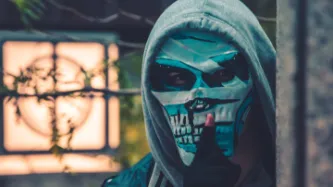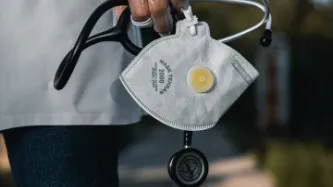Search
Content type: Advocacy
Dejusticia, Fundación Karisma, and Privacy International submitted a joint stakeholder report on Colombia to the 44th session of the Universal Periodic Review at the UN Human Rights Council.Our submission raised concerns regarding the protection of the rights to freedom of expression and opinion, to privacy, and to personal data protection; the shutdown of civil society spaces; protection of the right to protest; and protection of the rights of the Venezuelan migrant and refugee population.…
Content type: Explainer
In a scramble to track, and thereby stem the flow of, new cases of COVID-19, governments around the world are rushing to track the locations of their populace.
In this third installment of our Covid-19 tracking technology primers, we look at Satellite Navigation technology. In Part 1 of our mini-series on we discussed apps that use Bluetooth for proximity tracking. Telecommunications operators ('telcos'), which we discussed in Part 2, are also handing over customer data, showing the cell towers…
Content type: Long Read
On 12 April 2020, citing confidential documents, the Guardian reported Palantir would be involved in a Covid-19 data project which "includes large volumes of data pertaining to individuals, including protected health information, Covid-19 test results, the contents of people’s calls to the NHS health advice line 111 and clinical information about those in intensive care".
It cited a Whitehall source "alarmed at the “unprecedented” amounts of confidential health information being swept up in the…
Content type: Press release
Photo by Ashkan Forouzani on Unsplash
Today Privacy International, Big Brother Watch, medConfidential, Foxglove, and Open Rights Group have sent Palantir 10 questions about their work with the UK’s National Health Service (NHS) during the Covid-19 public health crisis and have requested for the contract to be disclosed.
On its website Palantir says that the company has a “culture of open and critical discussion around the implications of [their] technology” but the company have so far…
Content type: Examples
Together with Norwegian company Simula the Norwegian Institute of Public Health is developping a voluntary app to track users geolocation and slow the spread of Covid-19. Running in the background, the app will collect GPS and Bluetooth location data and store them on a server for 30 days. If a user is diagnosed with the virus, its location data can be user to trace all the phones that have been in close contact with the person. Authorities will use this data to send an SMS only to those phones…
Content type: Examples
The new Singaporean app, TraceTogether, developed by the Government Technology Agency in collaboration with the Ministry of Health was launched on March 20 after eight weeks of development. The app, which can be downloaded by anyone with a Singapore mobile number and a Bluetooth-enabled smartphone, asks users to turn on Bluetooth and location services, and enable push notifications. The app works by exchanging short-distance Bluetooth signals between phones to detect other users within two…



